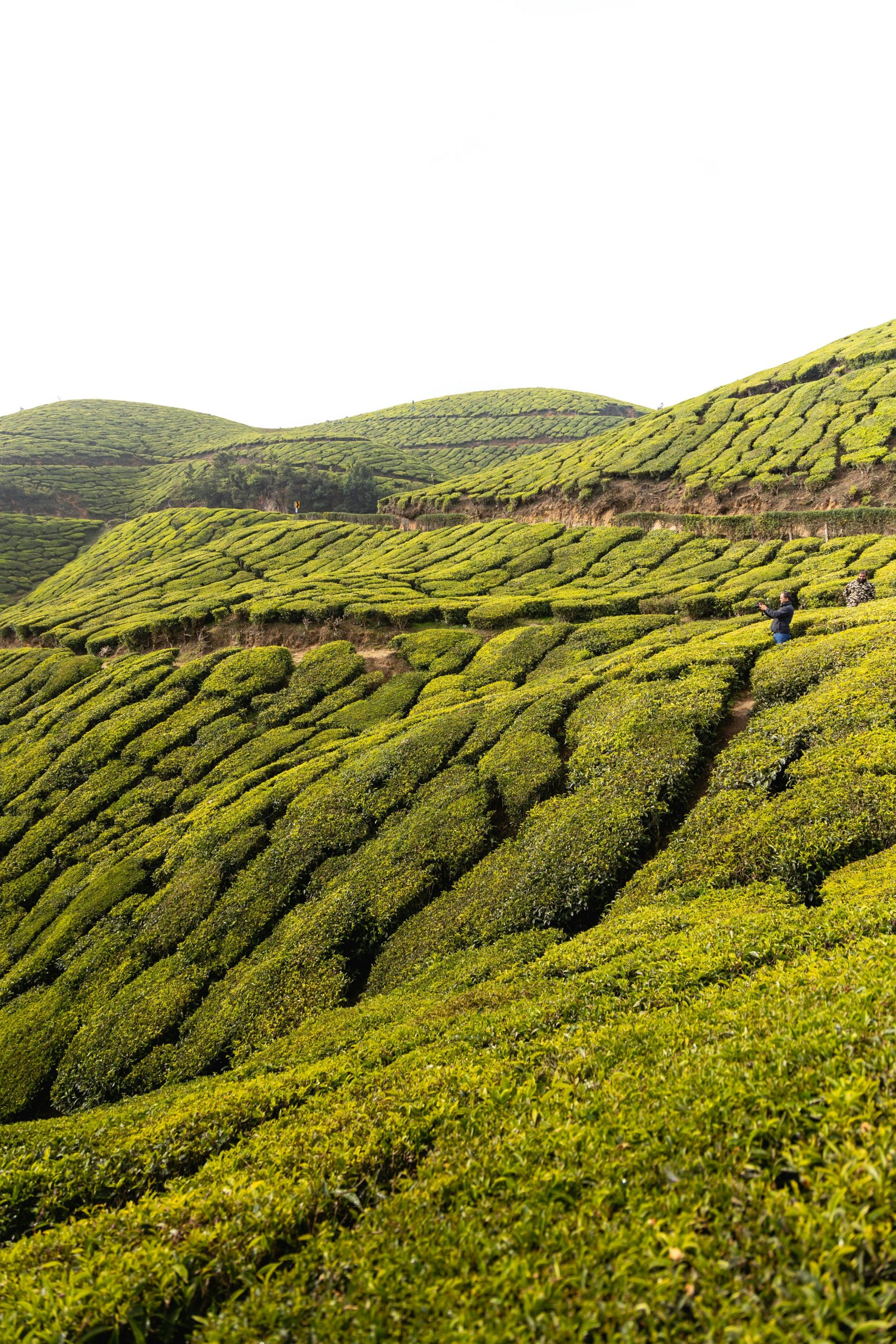Organic farming is gaining momentum in India as more farmers and consumers recognize its profound benefits for health, the environment, and long-term sustainability. Unlike conventional farming, which relies heavily on synthetic chemicals, organic farming emphasizes natural processes, biodiversity, and ecological balance. With India being one of the largest agricultural producers globally, the shift toward organic practices can significantly impact food security, rural livelihoods, and environmental conservation. Here are the top 10 benefits of organic farming in India, highlighting why it’s a game-changer for health and sustainability.
1. Healthier Food for Consumers
Organic farming eliminates the use of synthetic pesticides, herbicides, and genetically modified organisms (GMOs), ensuring that the food produced is free from harmful chemical residues. Studies show that organic crops contain higher levels of essential nutrients like vitamins, minerals, and antioxidants. For a country like India, where malnutrition remains a concern, organic farming offers a pathway to more nutritious and safer food.
Reduced Exposure to Toxins
Conventional farming often leaves traces of toxic chemicals on produce, which can lead to health issues like hormone disruption and cancer. Organic farming avoids these risks, providing cleaner, toxin-free food.
2. Environmental Conservation
One of the most significant advantages of organic farming is its positive impact on the environment. By avoiding synthetic inputs, organic farming reduces soil degradation, water pollution, and greenhouse gas emissions.
Soil Health Improvement
Organic practices such as crop rotation, composting, and green manure enhance soil fertility and structure. Healthy soil retains water better, reduces erosion, and supports a thriving ecosystem of microorganisms.
Water Preservation
Chemical-free farming prevents toxic runoff from contaminating rivers and groundwater, ensuring cleaner water sources for communities and wildlife.
3. Supports Biodiversity
Organic farms act as sanctuaries for diverse plant and animal species. By avoiding monocropping and chemical pesticides, organic farming encourages pollinators like bees and butterflies, which are crucial for food production.
Protection of Native Species
Traditional Indian crops, often neglected in conventional farming, find a place in organic systems, preserving genetic diversity and cultural heritage.
4. Economic Benefits for Farmers
While transitioning to organic farming may require initial investment, it offers long-term financial stability for farmers by reducing dependency on expensive chemical inputs.
Higher Market Demand
With rising health consciousness, the demand for organic products is growing, both domestically and internationally. Farmers can fetch premium prices for organic produce, improving their income.
Lower Production Costs
Organic farming relies on natural inputs like compost and biopesticides, which are often cheaper than synthetic alternatives in the long run.
5. Climate Change Mitigation
Organic farming plays a vital role in combating climate change by sequestering carbon in the soil and reducing reliance on fossil fuel-based fertilizers.
Reduced Carbon Footprint
Organic systems emit fewer greenhouse gases compared to conventional farming, making them a sustainable choice for a greener future.
Resilience to Extreme Weather
Healthy organic soils have better water retention, helping crops withstand droughts and floods—a critical advantage in climate-vulnerable regions like India.
Conclusion
Organic farming in India is not just a trend but a necessity for ensuring food security, environmental health, and economic prosperity. From producing toxin-free food to conserving biodiversity and mitigating climate change, the benefits are far-reaching. As consumers become more aware and governments promote organic initiatives, the future of Indian agriculture looks promising. By embracing organic farming, India can pave the way for a healthier, more sustainable future for generations to come.
